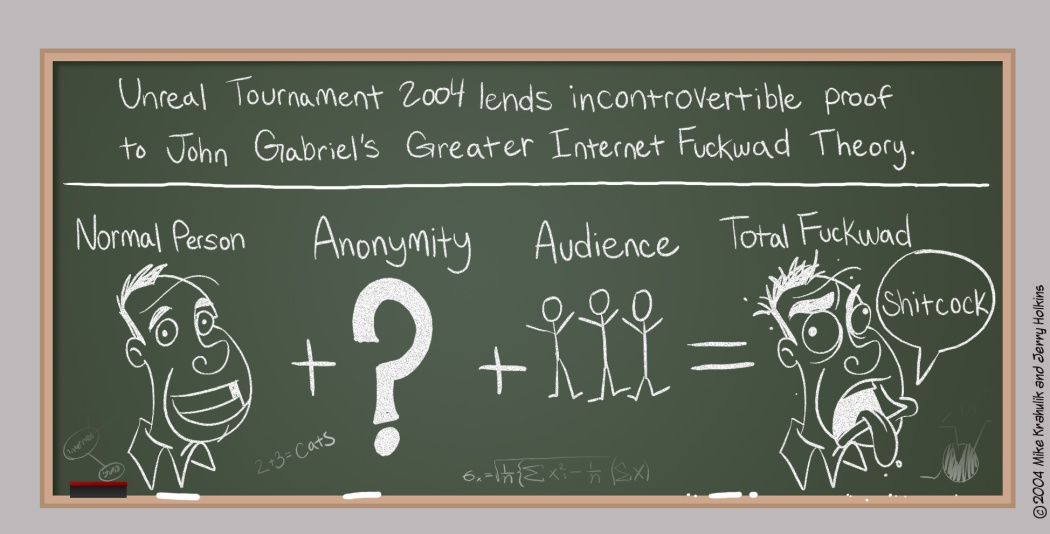I had an interesting conversation with someone the other day, who was very upset about some openly racist comments they saw under a video from one of their favourite creators; they contacted the YouTuber to discuss it with them, whose response was (words to the effect) ‘I’m just one guy running the channel in my spare time; I can’t control all of that’. This was not regarded as a satisfactory response by the complainant, who (I believe) decided to unsubscribe.
I think there are maybe three broad approaches to the notion of whose problem and responsibility it is to deal with (if at all), the comments section underneath YouTube videos; roughly as follows:
- The comments are a sort of community thing that is the purview of the channel owner; the channel owner moderates the comments.
- The comments, although they are attached to specific videos, are part of a community called ‘YouTube’, which is larger than any one channel; the comments, and to the extent anyone is responsibile for controlling them, that responsibility belongs to Youtube.
- The comments are part of the world in general and although they take place on the YouTube platform, they are just public speech.
(this might not be a complete list)
There is also a spectrum of views on how free that speech should or should not be, which I was initially going to link to the options above, but I think it’s a separate thing - and ranges from something like ‘Nobody should try to control or restrict them at all’ to ‘They should be tightly controlled, with consequences for the wrong things’.
For my own channel, I do moderate the comments, to a standard that is somewhat similar to the moderation standards of the SDMB… but… that is possible for me because a) I have the time, capacity and inclination to do the moderation and b) the community of commentors for my channel is generally pretty nice and well-behaved (certainly in comparison to the comments on social media platforms in general), so it isn’t usually an onerous task.
However, I can certainly sympathise with the position of a spare-time channel owner who, say, posts a category of content that maybe attracts a higher proportion of trolls and assorted troublemakers, and who decides that for reasons of practicality, and for their own mental wellbeing, just decides to stay out of the comment section altogether and let it be whatever it is.
And I can also respect the position of a person who maybe takes a very serious line on free speech and believes that even the most heinous of comments should be left in place, in order to be shamed, ridiculed, corrected, and argued-with by others, and to serve as a public example of open discourse.
So I think I am saying that I don’t necessarily think the comments for all of YouTube fall exclusively into just one of the numbered categories I listed above, but maybe the answer to ‘what is the comment section?’ depends on choices made (or not made) by the channel owners, but what do you think?
Footnotes: The moderation UI provided by YouTube is pretty basic and clunky, and has worsened over the past couple of years; it’s possible to block a list of specific words, but that list only works for exact single-word matches (perhaps to avoid the Scunthorpe problem).
Comments that are automatically quarantined for moderation (either as a result of keyword blocking, or some other controls that are hidden within the YouTube workings) are difficult to handle because there is no simple way to find the comment thread in which they were posted (so you can’t always tell whether an angry-toned comment is attack or defence, for example).
